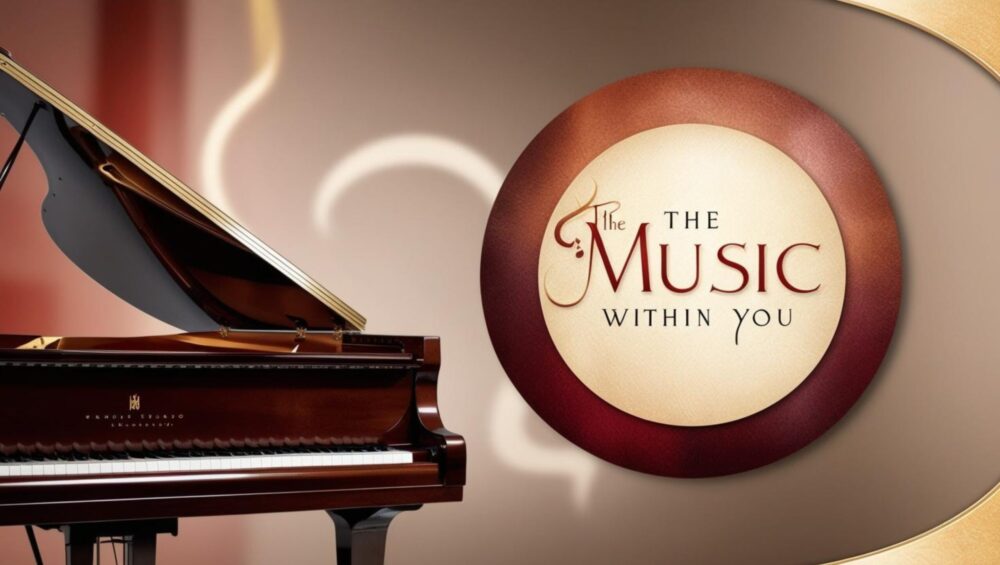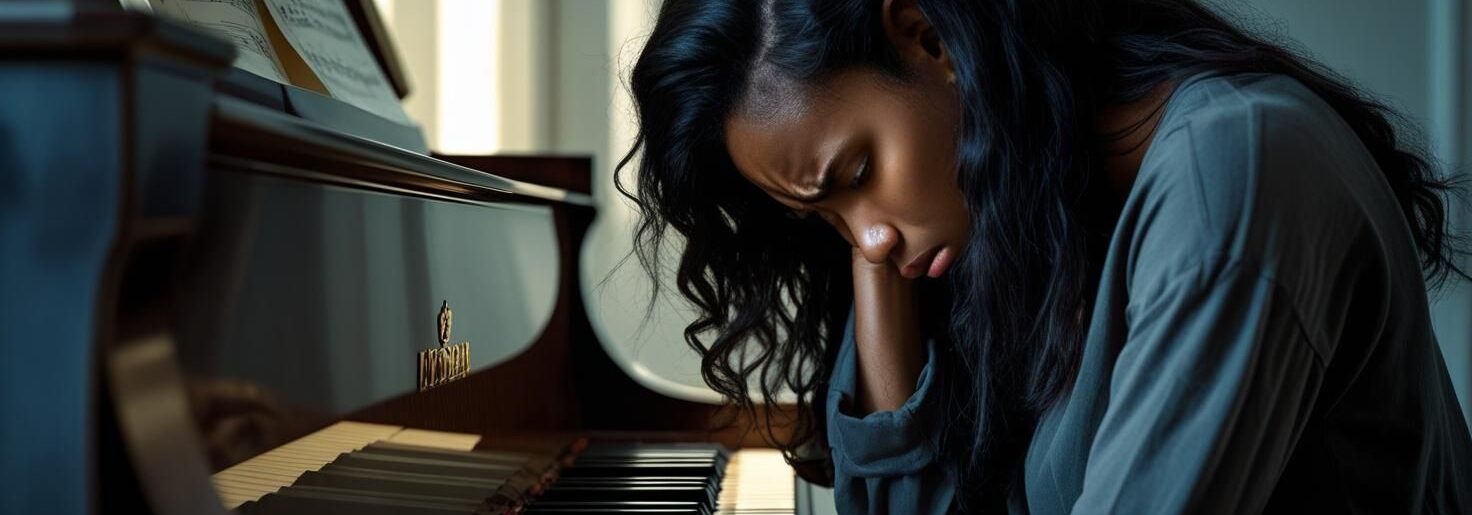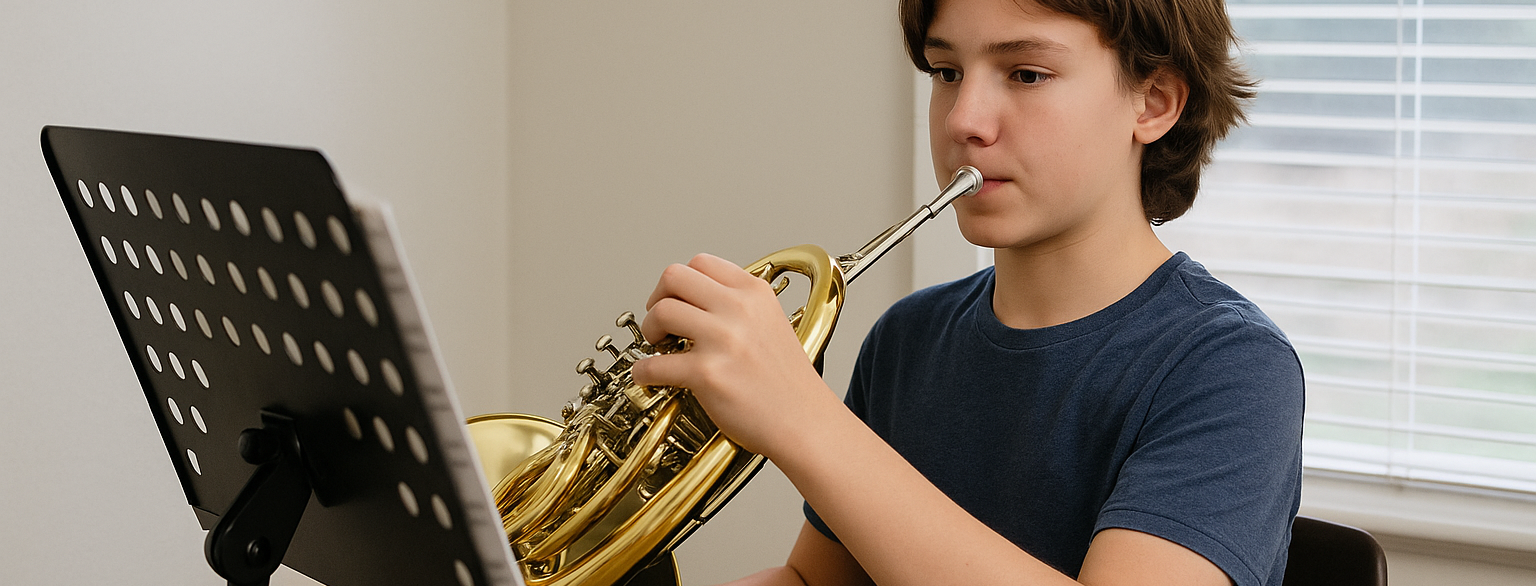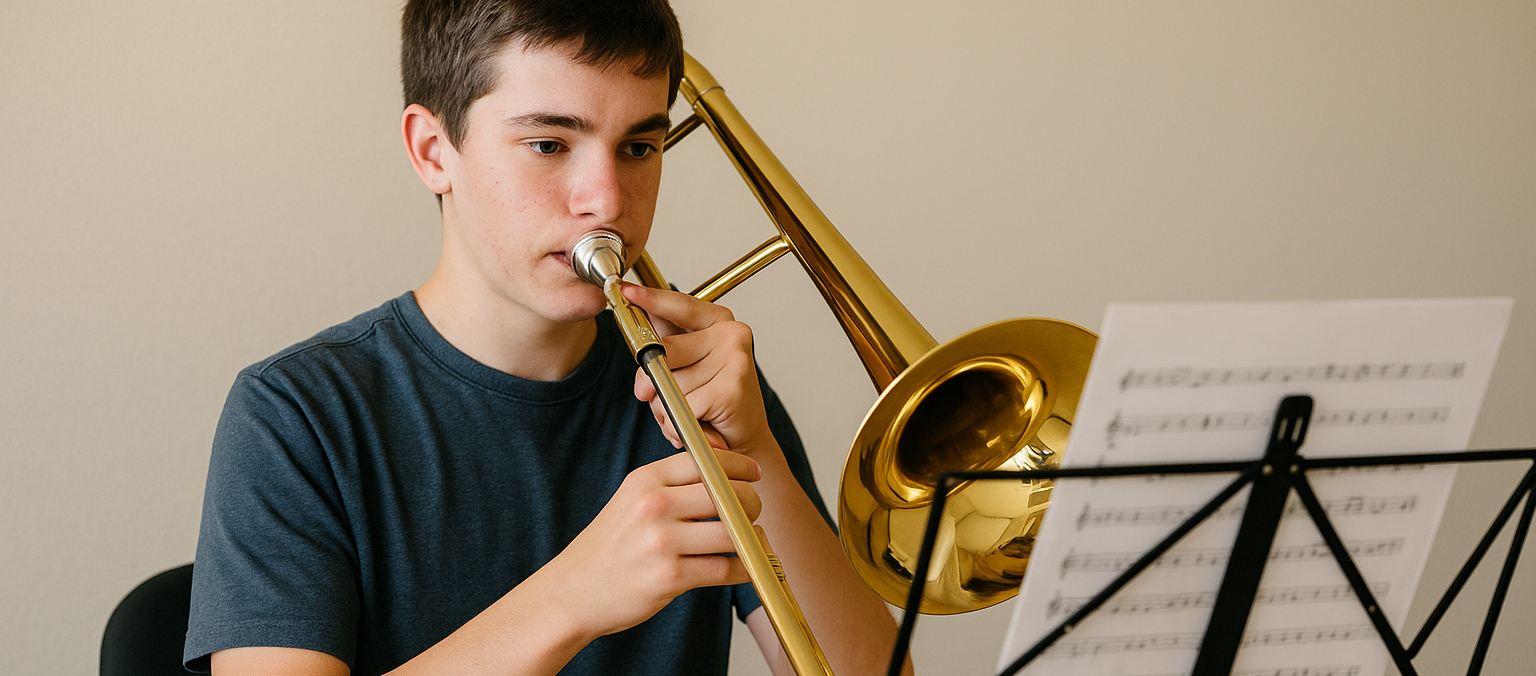A musical plateau can feel like hitting an invisible wall in your growth journey. You were cruising along, making solid progress, and suddenly… nada. It can be super frustrating, but hey, you’re not alone. Understanding these stalls is the first step in navigating them.
Musical plateaus happen to everyone at some point. They can sneak up when your brain’s trying to consolidate all the new tricks you’ve been learning. It’s almost like your mind’s way of catching its breath. These plateaus may strike after mastering basics when you’re pushing boundaries, or simply when the enthusiasm dips.
The length of a plateau can vary. For some, it’s a couple of weeks, for others, it might linger a bit longer. The key is not to panic. It’s just part of the rhythm of learning—upbeat at times and mellow at others.
Emotionally, they can be a rollercoaster. One minute, you’re questioning why you even picked up that instrument; the next, you feel the flicker of your passion reignite. It’s important to remember that plateaus are temporary, a pause, not a stop.
Getting through them is all about understanding they’re a sign you’re growing, even when it doesn’t feel like it. Plateaus challenge your motivation, but they also prepare you for the breakthroughs that come next.
Mindset Tricks to Stay Motivated
Shaking off the plateau blues starts with training your brain to see the silver lining. Start each practice session with a positive affirmation. Remind yourself that every note played, even the wobbly ones, is a step forward. Positivity can turn those tedious moments into ones of growth.
Visualization is another handy tool. Picture yourself nailing that tricky piece or acing a performance. Creating these mental images can help your brain get comfy with success. It’s like giving yourself a pep talk before the action happens.
Mindfulness activities can be your anchor in choppy waters. Short meditation or breathing exercises before you start can sharpen your focus and keep stress levels in check. A clear head makes it easier to embrace the challenges.
Surround yourself with a crew that gets it. Connect with fellow musicians who can relate to your struggles. Sharing experiences with a supportive community brings mutual encouragement. Together, you can push through tough spots and celebrate victories, no matter how small.
Routine Resets: Fresh Approaches to Learning
Sometimes, breaking free from a plateau means shaking up your routine. If practice feels like a broken record, it might be time to switch tracks. Identifying which habits aren’t serving you well is step one. It’s like catching a bad note early and correcting your course.
Experiment with different styles or even pick up a new instrument for a change of scenery. This fresh energy can breathe life back into your music sessions. Sometimes, just jamming on something different opens up new pathways in your brain.
Pencil in some flexibility into your practice schedule. A rigid routine can sometimes stifle creativity, so mix it up. Allow space for spontaneous play and see where it takes you. You might stumble upon a new skill or sound you didn’t know you were capable of.
Tackling goals in bite-sized pieces makes them less daunting. Break down big musical ambitions into micro-milestones. Each tiny achievement can give you the momentum to tackle the next one. It turns learning from a sprint into a manageable marathon, where every step is worth celebrating.
Celebrating Small Wins: The Key to Boosting Morale
Finding joy in little victories can make a huge difference in tough times. Each step forward, no matter how tiny, is a success in its own right. Whether it’s hitting the right note or simply having a fun practice session, it’s all progress.
Keeping tabs on these achievements is super rewarding. A journal or app dedicated to tracking your wins can paint a picture of growth over time, serving as a reminder of how far you’ve come.
A little self-reward goes a long way too. It doesn’t have to be big—maybe a favorite snack or some downtime after a productive session. These rewards add a fun incentive, making hard work feel more like play.
Getting on stage, even if it’s just for friends or family, boosts your confidence and motivation. Performing doesn’t have to be intimidating. It’s about sharing your art in whatever way feels comfortable, which can be incredibly empowering.





